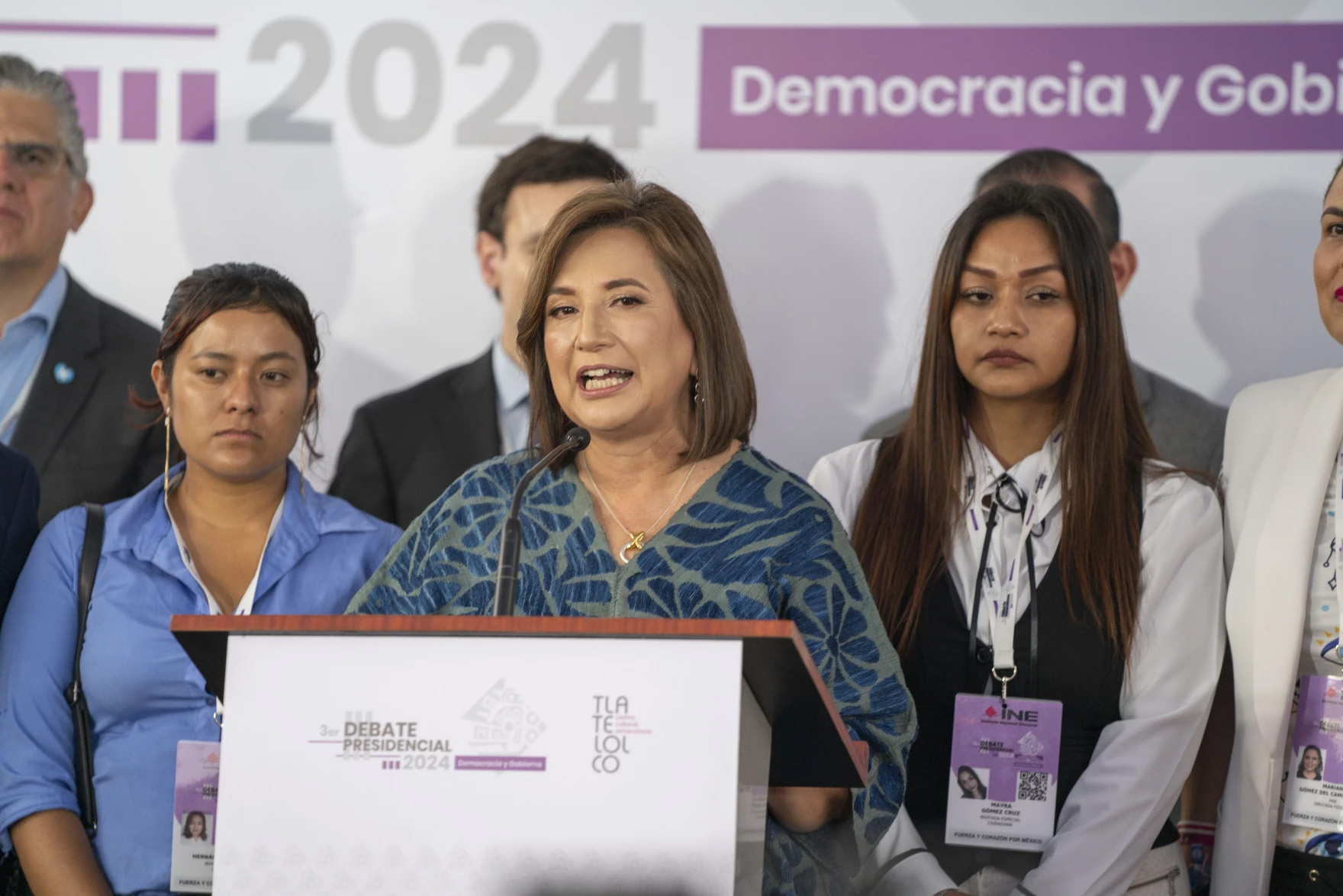From Texas Public Radio:
When Alejandro Mazal, an immigration attorney specializing in cross-border contract negotiations, corporate services and immigration law, moved to The Woodlands, Texas from Monterrey, Mexico in the summer of 2015, the U.S. election cycle was in full swing.
Mazal said that as he and his family were settling into their new home, the political tensions at that time “kick-started a cycle of learned helplessness and confusion”and brought about a sense of being “ill at ease living the American dream.”
Because of his dual citizenship, after a decade living in the U.S., Mazal has voted in all U.S. elections—but none in Mexico. “I honestly don’t feel equipped to follow the political and social currents in both countries,” he said, adding that the “‘hashtag MAGA’ [movement] drains [his] energy for politics.”
With around 8 million Texans of Mexican origin, many of those born south of the border still have family members closely tied to the country’s political and economic climate.
Nearly 100 million Mexicans will cast their ballots this Sunday in a historic election. For the first time, there are two women from the major parties vying for the presidency.
Texans have a vested interest in Mexico’s upcoming election. The results could have a lasting effect on relations between Texas and Mexico – and the U.S. and Mexico.
The election outcome could impact, for example, the flow of remittances, which have surged to $63 billion dollars in the last year.
The increase in remittances is driven by economic factors like inflation and economic changes in the life of those who live in Mexico. The peso – or “super peso” – is the strongest it’s been in some seven years. The sharp appreciation of the peso means that migrants living in the U.S. have had to work longer shifts to compensate for losses.
As the Texas Tribune reported, many are thankful their families can receive government subsidies. Programs like Pensión Bienestar provide around $350 to Mexican citizens over 65 years old. President Andrés Manuel López Obrador’s slogan, “Primero los pobres” (First the poor) resonates with many across the border to feel less pressure, especially now that the dollars they send are worth less due to the peso’s strength.











